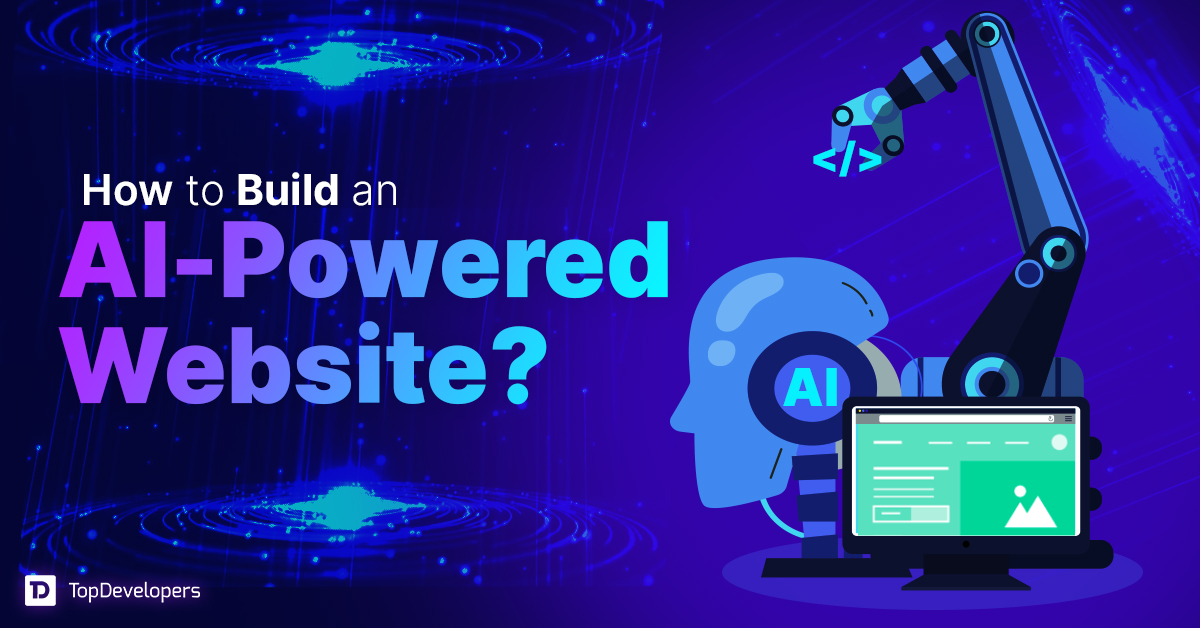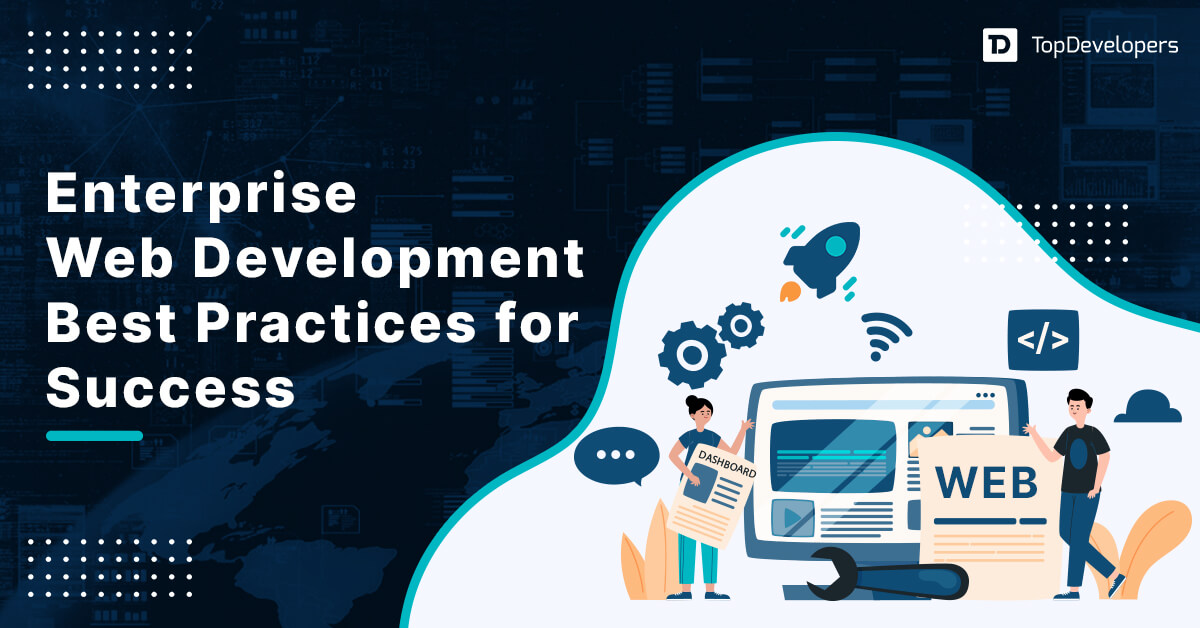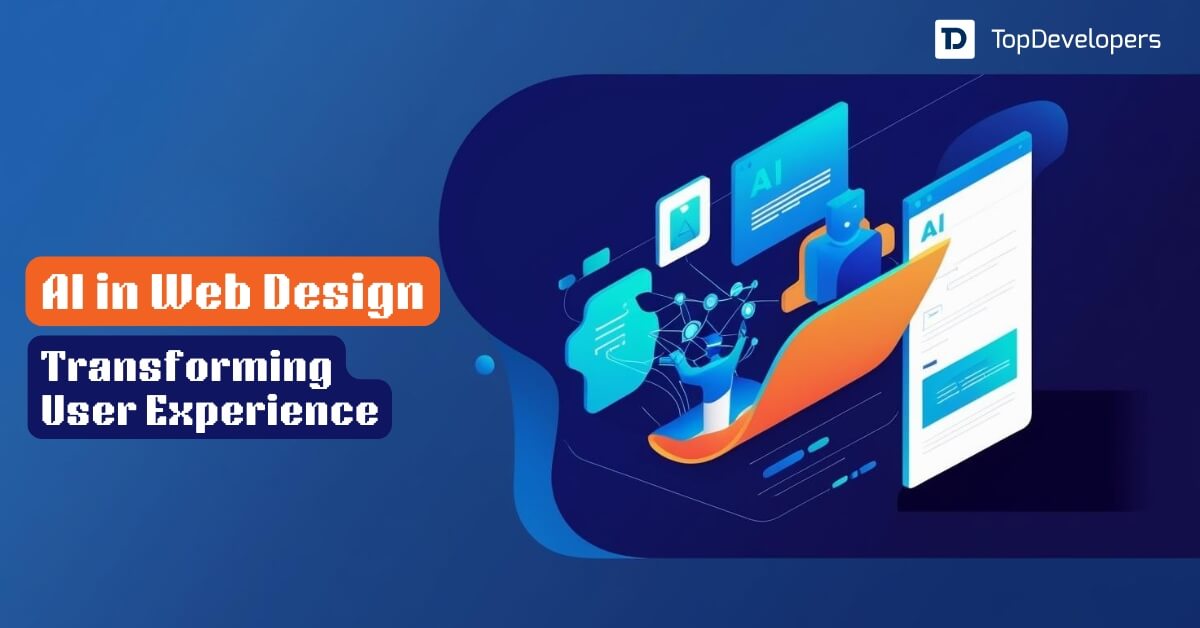
Everything begins with the base. The strong base adds strength and ensures the stability of the building for the long term, or else you risk damage. Similarly, programming languages act as a strong technological base for web development that must be chosen prudently to get build high-performance, secure, scalable, and stable websites.
Based on their experiences and expertise web developers have distinct opinions and preferences for development tools, frameworks, and programming languages to get started. Mostly, the developers use PHP, Python, Java, and more according to their project’s unique timeline, budget, and functionalities requirements. All programming languages have their pros and cons that confuse the developers when choosing which one and which not.
The tug of war between Python and PHP is no different, which makes web development language selection- difficult for developers. In this blog, we have described the side-by-side comparison of PHP and Python that help you know which language perfectly fits the bill for your next web development project.
Before knowing which language wins the comparison based on certain criteria, take a glance at both programming languages briefly.
Table of Contents
What is PHP?
The open-source language made its way to the market a way back in 1995 for server-side development. With a series of subsequent updates, the language gets stable, and easy to use, supports multiple databases, enables cross-platform compatibility, delivers high performance, facilitates exceptional handling, real-time monitoring, and more. all of these features made PHP- the best server-side programming language to build different types of applications.
What is Python?
The object-oriented, high-level programming language is more than three-decade-old languages that put a laser focus on code readability leveraging dynamic semantics and indentation. The open-source language with clear and concise code makes it a good fit for large-scale web app development.
The developer-friendly language is extensible with various modules that eliminate the need to build functionality from scratch. The compressive standard library even removes the need to write the code for every function such as image manipulation, unit testing, and more.
The one-to-one comparison of PHP vs Python for web development
Comparing two programming languages based on certain parameters help businesses know which language is the best for their unique web development project needs. Let’s see who wins in the PHP vs Python war.
Render high performance
In the recent holiday season, we have experienced how much retailers are investing in optimizing website performance and loading speed to deliver the best experience to the users and patronize them. If there’s a delay of more than 3 seconds, the users take no time in leaving the website or don’t visit again.
The most important factor that impacts website performance is the programming language. The significant improvements brought to PHP with continuous updates lead to a reduction in code execution time, which ultimately uplifts the website performance. Get connected with PHP developers to get built high-performant web applications that enable your business to engage the users and retain them forever.
On the other hand, Python doesn’t have any caching system in place, but the code compilation process is faster as the code is converted into bytecode as soon as the file is created or modified.
Result: For a website with huge traffic where loading speed is crucial to stay successful, then PHP is a better option rather Python.
Library Support
The support for the library makes development faster as developers can directly integrate the libraries, reuse the libraries, or use them after a little customization to build functionalities. Thereby it helps in reducing the time-to-market of the web app, development cost, and testing efforts.
When we look at both programming languages, PHP is not a strong contender for library support. Recently, PHP get a nice addition, that’s Composer which helps in accessing libraries but it’s in the nascent stage.
Python has a huge repository of libraries that are controlled using PIP (Pip install Python). Pip enables libraries to access the way developers want and library management simpler. It also has a range of AI and ML-backed libraries that makes AI web development easy-peasy.
Result: Python wins in the tussle of Python vs PHP for better library support.
Options for Web Framework
Web frameworks enable scalable, faster, and secure web development with minimal configuration needs. PHP offers a range of frameworks such as Zend, Laravel, symphony, CodeIgniter, Yii, Phalcon, and more that are leveraged by the leading websites worldwide.
Python provides a slew of frameworks such as Flask, Pylons, Pyramid, Django, and more that support web development with a high degree of customization and support functionalities. Remember the immense usage of Django that fosters rapid development with a high emphasis on automation and fewer dependencies.
Result: Python or PHP There’s a tie between both languages.
Environment Management
In the Python vs PHP battle, environment management is an important factor to consider when developers don’t want to count on software containers during web development. No container usage means segregating the programming language along with library versions, which is a big endeavor. Take a look at the efficiency of both languages in environment management.
PHP provides virtPHP for environment management but it’s not actively maintained and developers suggest not using it. Instead, they suggest container is a better alternative that ensures consistent operations, portability, fewer overheads, and higher efficiency.
On the contrary, Python provides Virtualnev that’s considered the best for environment management. The capability of installing, managing, and switching the multiple versions of Python side-by-side makes it efficient in the environmental management context.
Result: Python is the best for environment management.
Flexibility and scalability
Enhancing the business website as the business progress and meeting users’ evolving needs are all-important. The website can accommodate changes or new additions when a scalable web app is developed. The scalable web app facilitates businesses to withstand high traffic and the increasing number of requests. Both languages enable scalable web development.
PHP frameworks are less flexible to respond to the growing business demands for versatile web app development.
On the flip side, Python’s frameworks such as Flask and Django are packed with AI capabilities that make adapting to new trends and scale up or down according to user’s demands. For instance, Instagram leverages Python’s ML models to enable advanced functionalities that have helped in capturing users’ attention. If you want to build advanced AI-based applications using Python, Python developers can help you build scalable, cutting-edge web apps that handle high traffic.
Result: Python wins in the race of Python vs PHP for web development.
Take Security to the next level
With technological advancements, cyberattacks are also evolving at the same speed that negatively impacts the business reputation, ROI, and credibility. The losses are irreparable. It requires the developers should select the programming language that ensures better security.
When we consider PHP, it’s found that in almost every PHP web app, you will find the possibility to inject XSS vulnerability. The developer community is making a lot of efforts to ensure secure development.
Python is packed with security features that enable secure, complex website development with high-end functionalities. Python’s framework- Django has security functionalities that shield the app from vulnerabilities, which is why it’s leveraged by banking institutions to build banking websites.
Result: Securing website development with Python is a good option.
Documentation
As rookie developer, when you begin with a web development project, good documentation helps them know how to use the tools. It provides complete detail about programming language and the possible challenges to handle. Let’s see which language stands out in PHP vs. Python comparison.
PHP documentation website is available in 10 languages covering all the features of PHP. Developers can get clarification about every concept when they comment. The comments are never removed from the page which enables new developers to view the comment. The older comments shown on the older PHP versions create confusion in what are the comments given by developers and how they are addressed.
Python provides detailed documentation for every version of Python with a table highlighting new additions, improvements, tutorials, extensions, library references, and FAQs. As no comments are shown, there will be no confusion.
Result: Python gains an edge over PHP in terms of documentation.
Which is the best for web development- PHP or Python?
In the tug of war, Python vs PHP, both- Python and PHP language wins under different parameters. You cannot declare a winner between the two languages. This makes the decision to hire PHP or Python developers more crucial. Instead, you should select the programming language based on the unique web app development project needs.
Well, PHP is the oldest kid in the web development block while Python is rocking with advanced functionalities to build modern websites. You can go with either of them, but only when they are well suited to your web development needs.
When to prefer PHP for web development?
The server-side scripting language is the best for dynamic page content creation as its database-friendly that makes data addition, modification, and deletion in the files easy. That’s why leading websites such as Facebook, Microsoft, Wikipedia, Salesforce, and Zoom are using the language for changing content dynamically.
If you want to get built web apps with a high degree of customization, user-friendly interface, third-party integrations, optimal performance, and secure online transactions, then PHP is the perfect fit because three-tier architecture that works on the server, database, and browser fulfills the demand.
The websites when looking for web development with graphics designing and image processing. PHP facilitates by supporting the integrations with libraries like- GD library and ImageMagik. It enables image extraction in distinct formats, thumbnail creation, and watermark additions.
The support for multiple databases and interaction with various services makes web CMS creation using PHP a breeze. Data representation tools in-built in PHP such as Image_Graph make it easy to create charts, graphs, and others for eCommerce apps.
PHP-based frameworks (CodeIgniter) or eCommerce platforms (Magneto, OpenCart, and PrestaShop) built using PHP enable eCommerce website development done effortlessly.
When to prefer Python for web development?
The dynamically-typed language that makes programming simpler with reduced lines of code is best for building websites. It supports CMS such as Plone and Django, and frameworks like- Pyramid, and comes with modules that enable secure, scalable, and flexible web development with simplified database interactions, content management, and more.
Python’s functionalities, resourceful libraries, platform independence, and consistency makes it a reliable and stable language for AI and ML-powered web development. plus, Python’s packages for AI and ML technology make data visualization, data analysis, parallel computing, sophisticated computing, scientific computing, and sophisticated computing efficient.
The numeric and scientific computing capability of Python simplifies and accelerates complex web development and prototype creation. The modular architecture that’s compatible with multiple OSs facilitates desktop GUI creation.
To know more, the blog will help you confirm the choice why Python is the best to choose for your web development project.
FAQs About Php vs Pyhton
Which language is more secure- Python or PHP?
Python remains the first choice of businesses for secure web development. With security features back in the language that enables secured web development which otherwise lacks in PHP.
Which is better- Python or PHP?
Both languages are good under different criteria that make it impossible to declare a winner between the two languages. Choose the language that suits well the web development project needs.
 Avantika Shergil
| Jan 13, 2023
Avantika Shergil
| Jan 13, 2023
Avantika Shergil is a technology enthusiast and thought leader with deep expertise in software development and web technologies. With over 8 years of experience analyzing and evaluating cutting-edge digital solutions, Avantika has a knack for demystifying complex tech trends. Her insights into modern programming frameworks, system architecture, and web innovation have empowered businesses to make informed decisions in the ever-evolving tech landscape. Avantika is passionate about bridging the gap between technology and business strategy, helping businesses build customized software and website, and understand about different tools to leverage effectively for their ventures. Explore her work for a unique perspective on the future of digital innovation.





